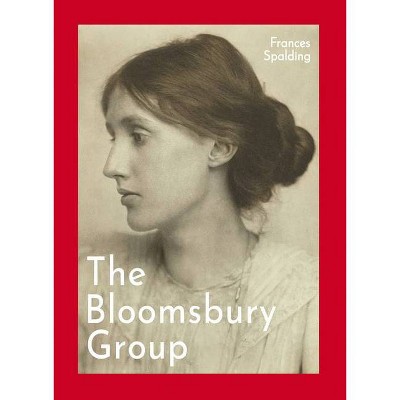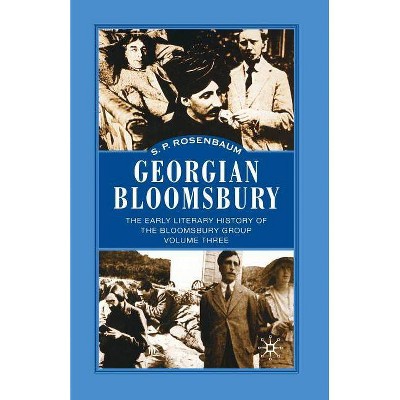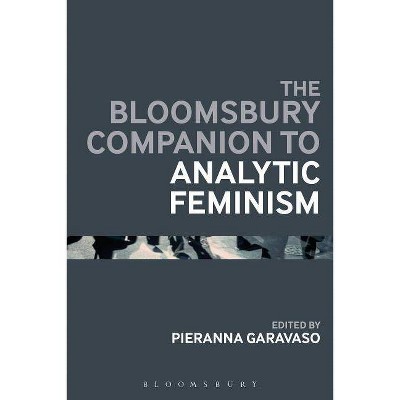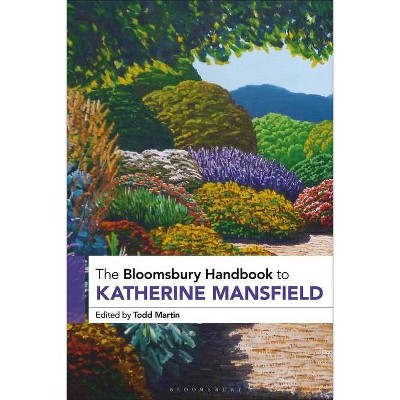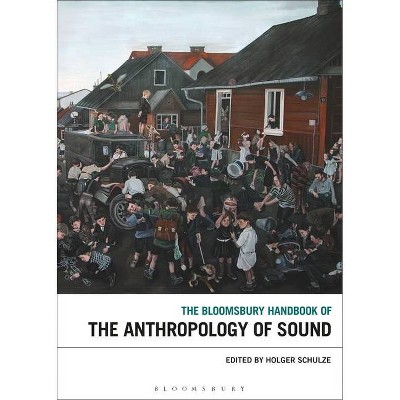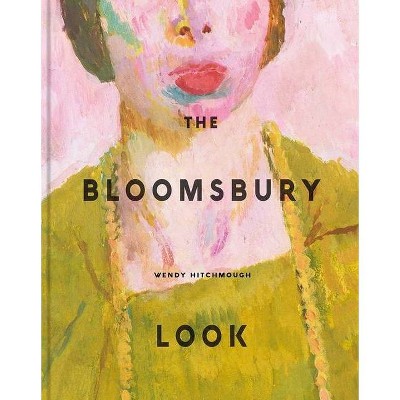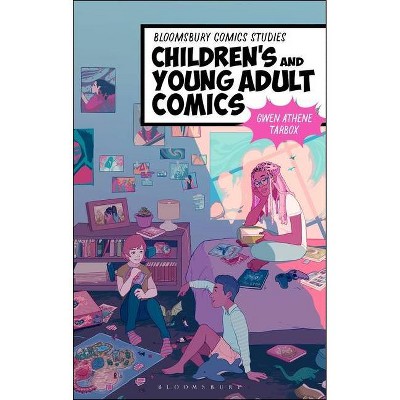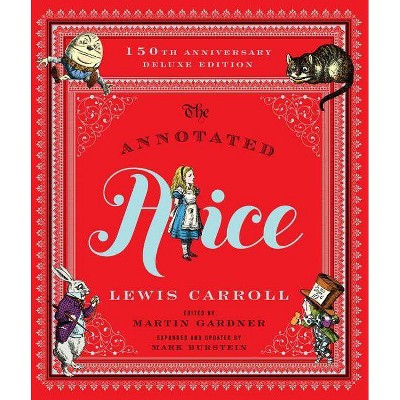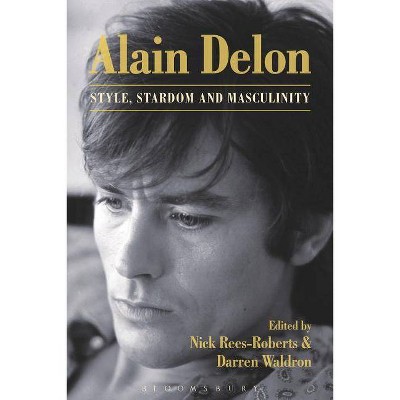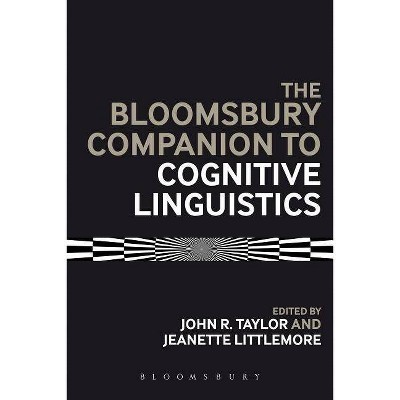The Bloomsbury Group Memoir Club - Annotated by S Rosenbaum & J Haule (Hardcover)
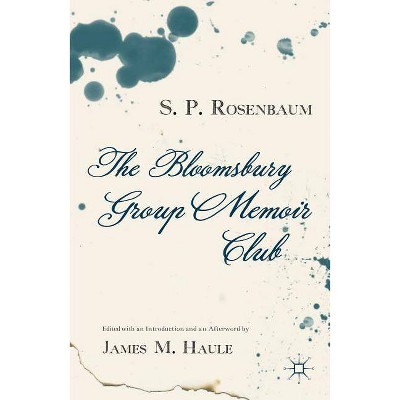
Similar Products
Products of same category from the store
AllProduct info
<p/><br></br><p><b> Book Synopsis </b></p></br></br>As memoirs become increasingly popular, it is somewhat surprising that so little attention has been given to one of the most notable manifestations of memoirs in modern time: the Bloomsbury Group's 'Memoir Club'. Leading Bloomsbury scholar S.P. Rosenbaum collected most of the surviving memoirs by the group, including those by first members Virginia and Leonard Woolf, Roger Fry, J.M. Keynes, Lytton Strachey, E. M. Forster, Vanessa and Clive Bell, Molly and Desmond MacCarthy and Duncan Grant. Using this original archival research, Rosenbaum had written a large part of a history of the Memoir Club before his death in May 2012. Edited by distinguished Woolf scholar James M. Haule, who provides an introduction, an afterword, and an annotated list of memoirs, The Bloomsbury Group Memoir Club offers a perceptive chronicle of the Memoir Club's origins and first years, an important addition to our understanding not just of the work of the Club's participants, but also of twentieth-century autobiography and the history of Bloomsbury more generally.<p/><br></br><p><b> Review Quotes </b></p></br></br><br><p>'The number of people now preoccupied with life-writing and memoirs is extraordinarily large; when we are talking about the figures in the Memoir Club, the interest expands incredibly exponentially. It would be difficult to exaggerate the importance of understanding the work of the Memoir Club in regard to the history of twentieth-century British culture. And no one would be more qualified than the late S.P. Rosenbaum to write the history of a club that included, basically, the 'membership' of the Bloomsbury Group.' - Morris Beja, Emeritus Professor of English, Ohio State University, USA</p> <p>'Rosenbaum's project, left unfinished at his death in 2012, was to reconstruct as far as possible the club's history and to republish the existing papers in a single accompanying volume his notes make a convincing case for reconsidering the memoirs in context, as a group of essays with internal connections' - London Review of Books</p> <p>'Rosenbaum's study is a valuable addition to the library of any reader interested by the life and writings of the Bloomsbury Group' - Times Literary Supplement</p> <p>'S P Rosenbaum sadly died before he could complete this book about an aspect of Bloomsbury that is often forgotten the group's love of autobiography It is nevertheless a fascinating account and of a group who were famously intertwined.' - Lesley McDowell, The Independent</p> <p>'Rosenbaum, who died shortly before finishing this fine book, makes a terrific case for the way that reaching into their personal and collective pasts pushed club members to take their work to new that is, old places.' - Kathryn Hughes, The Guardian</p><br><p/><br></br><p><b> About the Author </b></p></br></br><p>S. P. Rosenbaum was Professor Emeritus of English Literature at the University of Toronto, Canada, until his death in 2012. He was a leading scholar of Woolf and the literary history of the Bloomsbury Group, and his many publications include three volumes tracing the literary history of Old Bloomsbury from the 1880s to 1914: Victorian Bloomsbury (1987), Edwardian Bloomsbury (1995) and Georgian Bloomsbury (2003). He also collected Woolf's published and unpublished memoirs in The Platform of Time: Memoirs of Family and Friends (2008)</p><p><br/>James M. Haule is Emeritus Professor of English at the University of Texas Pan American, USA. He is a distinguished scholar and author and was a member of the Editorial Committee of the Shakespeare Head Press Edition of Virginia Woolf and edited its edition of The Waves. Previous publications also include Editing Virginia Woolf: Interpreting the Modernist Text (with J. H. Stape, 2002).<br/></p>
Price History
Price Archive shows prices from various stores, lets you see history and find the cheapest. There is no actual sale on the website. For all support, inquiry and suggestion messagescommunication@pricearchive.us
